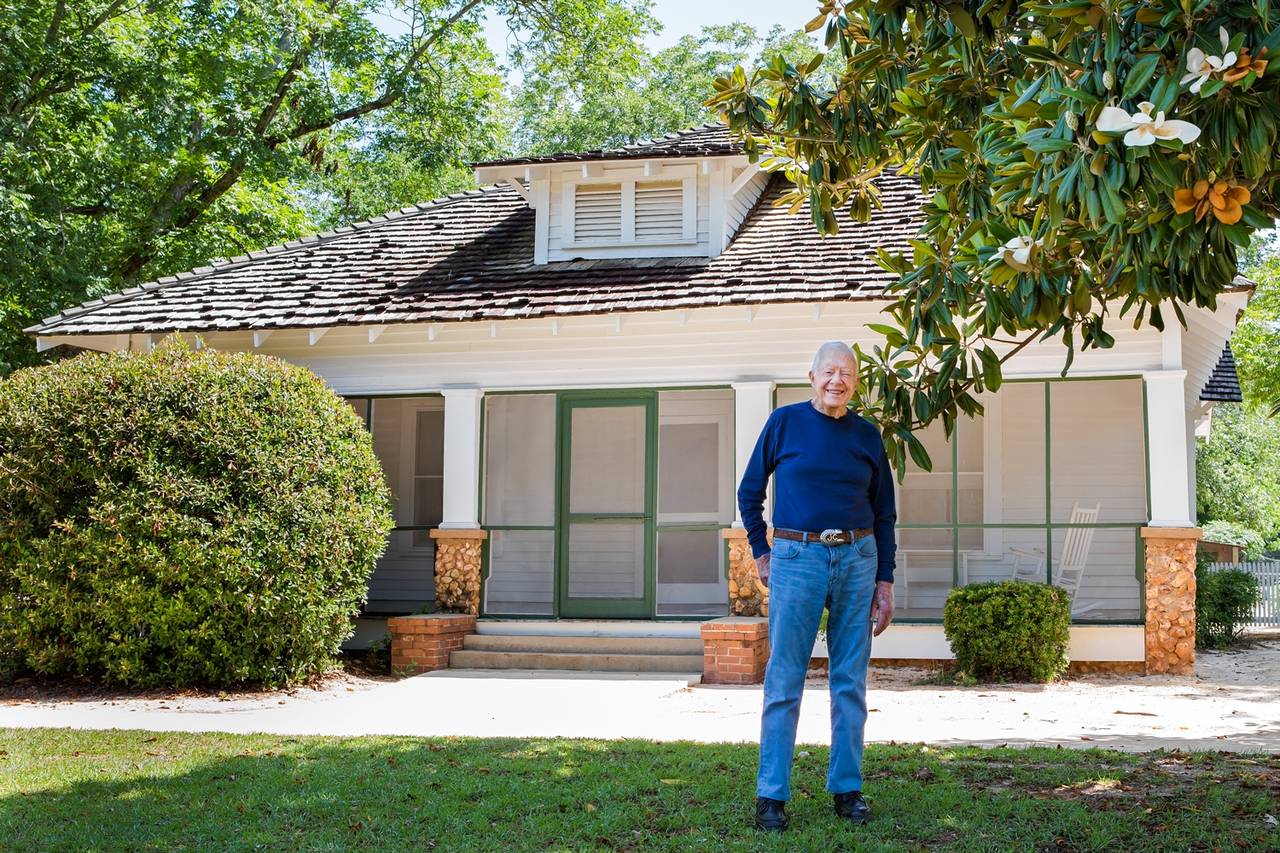
Recreational therapy is a unique field that uses activities to help people improve their physical, emotional, and social well-being. Ever wondered how playing games, engaging in arts and crafts, or even gardening can be therapeutic? Recreational therapists design personalized programs to aid recovery, enhance mood, and boost overall health. These activities aren't just fun; they serve a purpose. From hospitals to community centers, recreational therapy is making a difference. Curious about how it works and its benefits? This post dives into 50 fascinating facts about recreational therapy that will enlighten and maybe even inspire you to try it out.
Key Takeaways:
- Recreational therapy uses fun activities like sports, art, and music to help people feel better and improve their health. It's like playing and having fun while getting better!
- Recreational therapists help people of all ages by creating personalized activities to reduce stress, improve strength, and build relationships. It's like having a personal coach for fun and health!
What is Recreational Therapy?
Recreational therapy, also known as therapeutic recreation, uses leisure activities to improve health, well-being, and quality of life. It’s a holistic approach that addresses physical, emotional, social, and cognitive needs.
- Recreational therapy can include activities like sports, games, arts and crafts, music, and dance.
- It is often used in hospitals, rehabilitation centers, and nursing homes.
- Therapists work with individuals of all ages, from children to the elderly.
- The goal is to help patients regain skills, improve mood, and enhance social interactions.
- Recreational therapy can be tailored to each individual's interests and abilities.
Benefits of Recreational Therapy
Engaging in recreational therapy offers numerous benefits that contribute to overall well-being. These benefits span across various aspects of health and life.
- It can reduce stress and anxiety.
- Physical activities in therapy can improve strength and coordination.
- Social activities help build relationships and reduce feelings of isolation.
- Creative activities like art and music can enhance self-expression.
- It can improve cognitive functions such as memory and attention.
Techniques Used in Recreational Therapy
Therapists use a variety of techniques to engage patients and achieve therapeutic goals. These techniques are chosen based on the individual's needs and preferences.
- Animal-assisted therapy involves interactions with animals to improve mood and socialization.
- Aquatic therapy uses water-based activities to enhance physical rehabilitation.
- Adventure therapy includes outdoor activities like hiking and camping to build confidence and teamwork.
- Art therapy uses creative processes to help individuals express emotions and cope with stress.
- Music therapy involves listening to, creating, or performing music to improve mental health.
Recreational Therapy for Different Populations
Recreational therapy can be adapted to meet the needs of various populations, ensuring that everyone can benefit from its therapeutic effects.
- Children with autism can improve social skills through structured play activities.
- Veterans with PTSD may find relief through outdoor adventure programs.
- Seniors with dementia can benefit from memory games and music therapy.
- Individuals with physical disabilities can participate in adaptive sports.
- People recovering from substance abuse can use recreational therapy to build new, healthy habits.
The Role of Recreational Therapists
Recreational therapists are trained professionals who design and implement therapeutic activities. Their role is crucial in helping patients achieve their goals.
- They assess patients' needs and interests to create personalized therapy plans.
- Therapists often collaborate with other healthcare professionals to provide comprehensive care.
- They monitor progress and adjust activities as needed.
- Recreational therapists advocate for the inclusion of therapeutic recreation in healthcare settings.
- They educate patients and families about the benefits of recreational therapy.
History of Recreational Therapy
Understanding the history of recreational therapy provides insight into its development and importance in healthcare.
- Recreational therapy began to gain recognition in the early 20th century.
- It was initially used to help soldiers recover from injuries and trauma after World War I.
- The American Therapeutic Recreation Association (ATRA) was founded in 1984 to support the profession.
- Over the years, recreational therapy has expanded to include a wide range of activities and techniques.
- Today, it is an integral part of many rehabilitation and healthcare programs.
Recreational Therapy in Different Settings
Recreational therapy can be implemented in various settings, each offering unique opportunities for therapeutic activities.
- Hospitals use recreational therapy to help patients recover from surgeries and illnesses.
- Rehabilitation centers focus on physical and occupational therapy through recreational activities.
- Nursing homes provide recreational therapy to enhance the quality of life for residents.
- Schools incorporate therapeutic recreation to support students with special needs.
- Community centers offer programs for individuals of all ages and abilities.
Challenges in Recreational Therapy
Despite its benefits, recreational therapy faces several challenges that can impact its effectiveness and accessibility.
- Limited funding can restrict the availability of recreational therapy programs.
- There may be a lack of awareness about the benefits of recreational therapy among healthcare providers.
- Finding qualified recreational therapists can be difficult in some areas.
- Patients may face barriers to participation, such as transportation or financial constraints.
- Ensuring activities are inclusive and accessible for all individuals can be challenging.
Future of Recreational Therapy
The future of recreational therapy looks promising, with ongoing research and advancements in the field.
- Technology is being integrated into recreational therapy, such as virtual reality for immersive experiences.
- There is a growing emphasis on evidence-based practices to improve outcomes.
- Telehealth services are expanding access to recreational therapy for remote or underserved populations.
- Increased collaboration between recreational therapists and other healthcare professionals is enhancing patient care.
- Advocacy efforts are raising awareness and support for recreational therapy programs.
Interesting Facts about Recreational Therapy
Here are some intriguing facts that highlight the unique aspects of recreational therapy.
- Recreational therapy can be used to help individuals with chronic pain manage their symptoms.
- It is often used in pediatric hospitals to make the hospital experience less stressful for children.
- Recreational therapy can include gardening, which has been shown to improve mental health.
- Some therapists use video games as a tool for improving hand-eye coordination and cognitive skills.
- Recreational therapy can be a lifelong activity, providing benefits at any age.
The Power of Recreational Therapy
Recreational therapy isn't just fun and games. It plays a crucial role in improving mental and physical health. From boosting mood to enhancing motor skills, this therapy offers a wide range of benefits. Whether it's through sports, arts, or social activities, recreational therapy helps individuals lead happier, healthier lives. It's a versatile approach that can be tailored to meet the unique needs of each person. By focusing on activities that bring joy and fulfillment, recreational therapy makes the healing process enjoyable. It's a testament to the idea that wellness can be achieved through play and creativity. So, next time you think about therapy, remember that it can be as engaging as a favorite hobby. Embrace the power of recreational therapy and discover a path to better well-being.
Frequently Asked Questions
Was this page helpful?
Our commitment to delivering trustworthy and engaging content is at the heart of what we do. Each fact on our site is contributed by real users like you, bringing a wealth of diverse insights and information. To ensure the highest standards of accuracy and reliability, our dedicated editors meticulously review each submission. This process guarantees that the facts we share are not only fascinating but also credible. Trust in our commitment to quality and authenticity as you explore and learn with us.


